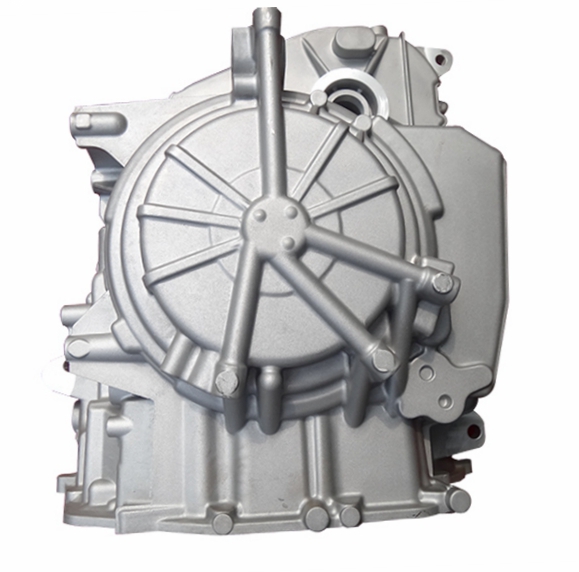- Home
- Factories
- Processes
- Products
- News
- Download
- Contact Us
Views: 6 Author: Site Editor Publish Time: 2020-06-15 Origin: Site

There are many types of molds for aluminum casting that are used in casting molten aluminum into different shapes and forms. Some molds are temporary, and others are permanent and can be used repeatedly. These same types of molds are also used for many different metals and alloys besides aluminum.
The oldest types of molds for aluminum casting are the molds that have been used since the time of the Egyptians. These types of molds are made when a cavity is created in sand that is held in a box or “flask”. Usually the original “pattern” is made out of wood, metal or other solid material. There is also a core in the sand cavity that forms the center of the casting. Of the different aluminum casting molds, this is one that is used especially for engine blocks, engine manifolds, and other large and heavy castings. Another type of casting mold used with aluminum and other molten metals is the ceramic mold. Used most commonly for the investment casting process, the ceramic mold is created around plastic or wax that melts when the mold is fired while it is being created. After the wax is “lost”, the mold is then ready to receive the molten metal. This type of casting process is also called “precision casting” because of the precise castings that can be created with this process. Permanent types of aluminum casting molds are made from metals such as steel and iron. The molten aluminum is forced by gravity or a vacuum into the permanent mold cavity. One advantage of these types of mold castings is that the mold is permanent; unlike sand casting molds which are usually destroyed when extracting the castings once they have cooled. It is also less expensive when used for a large number of castings. Die casting molds use steel dies or molds to produce a lot of identical castings. With aluminum, as other metals, the molten metal is forced under high pressure into these types of molds for aluminum casting. This is a versatile process that enables the production of a large quantity of small to medium-size castings. A shell mold is a type of sand casting mold that uses resin to bond the sand into a thin, 10- to 20-mm thick, shell. While the use of these types of molds for aluminum casting produces a better surface finish with more accurate dimensions, this process is definitely more expensive. Plaster molds are created using plaster slurry that is poured around wax. As the plaster mold is baked, the pattern melts out, leaving a perfect representation of the pattern. Molten metal is then poured into the cavity of the plaster molds. This is another form of “lost wax casting”. Graphite molds and cores are often employed with aluminum centrifugal casting. This process forces metal into the mold and uses rapid chilling to produce a quality of casting not possible with other methods. These are the seven types of molds for aluminum casting most commonly used to produce aluminum castings. Each casting mold is used to produce specific qualities and for different types of casting properties.Sand Casting Mold
Ceramic Mold
Permanent Mold Casting
Die Casting Molds
Shell Mold
Plaster Molds
Graphite Casting Molds
| | Floor 21, Block B, Fortune Building, No. 18 Xinghua Bei Street , Tiexi District, Shenyang, 110025, China. |
| | 86 15541524932 |
| | contact@sydensen.com |